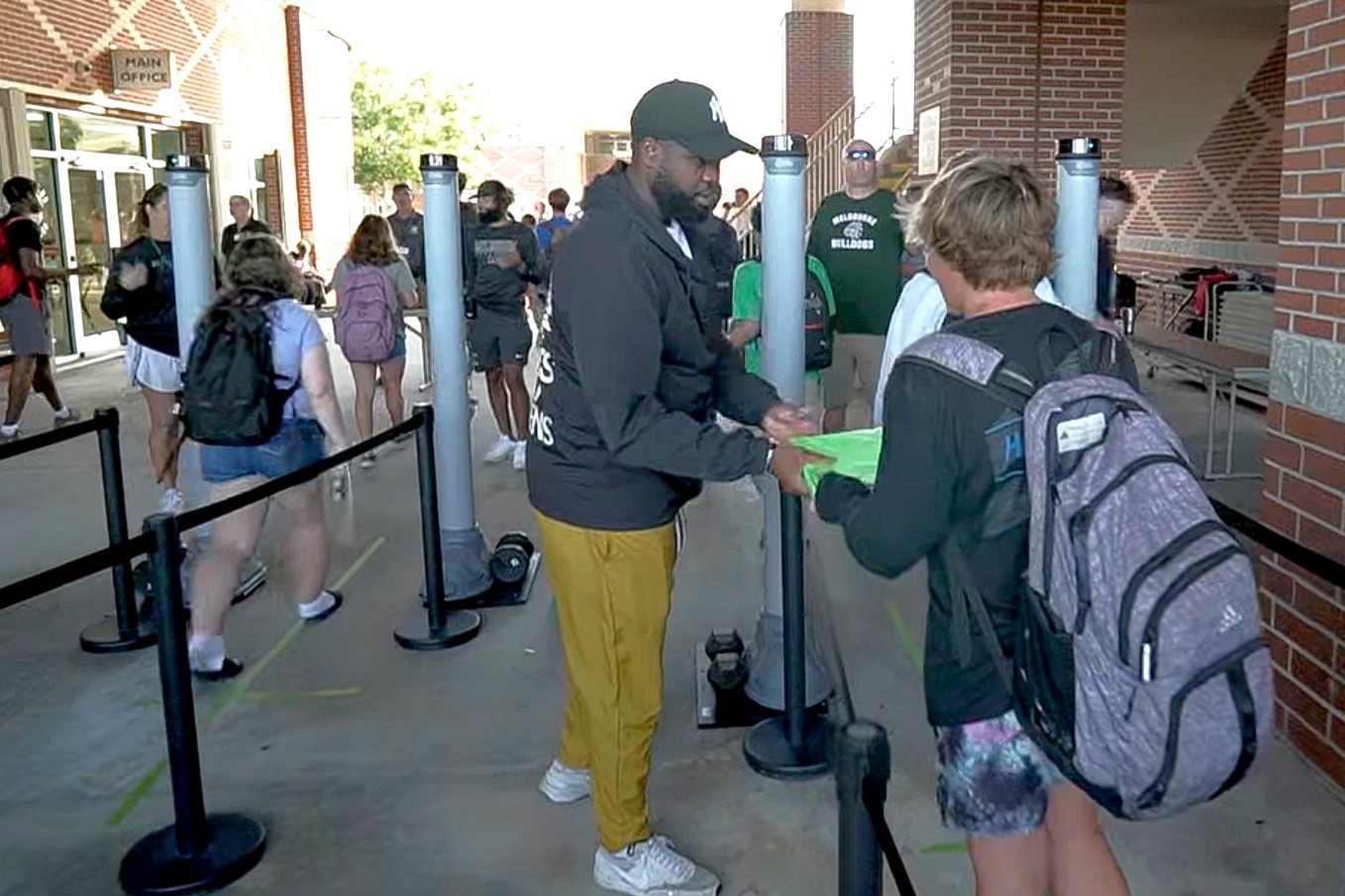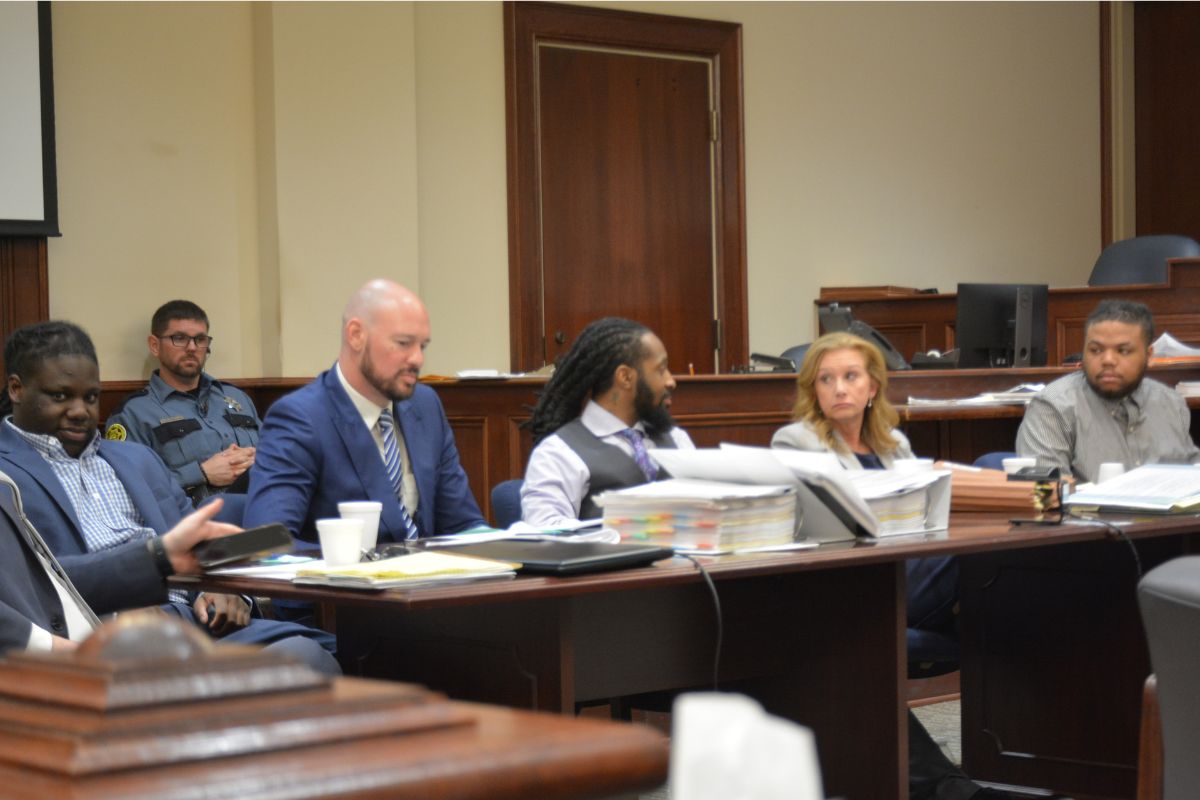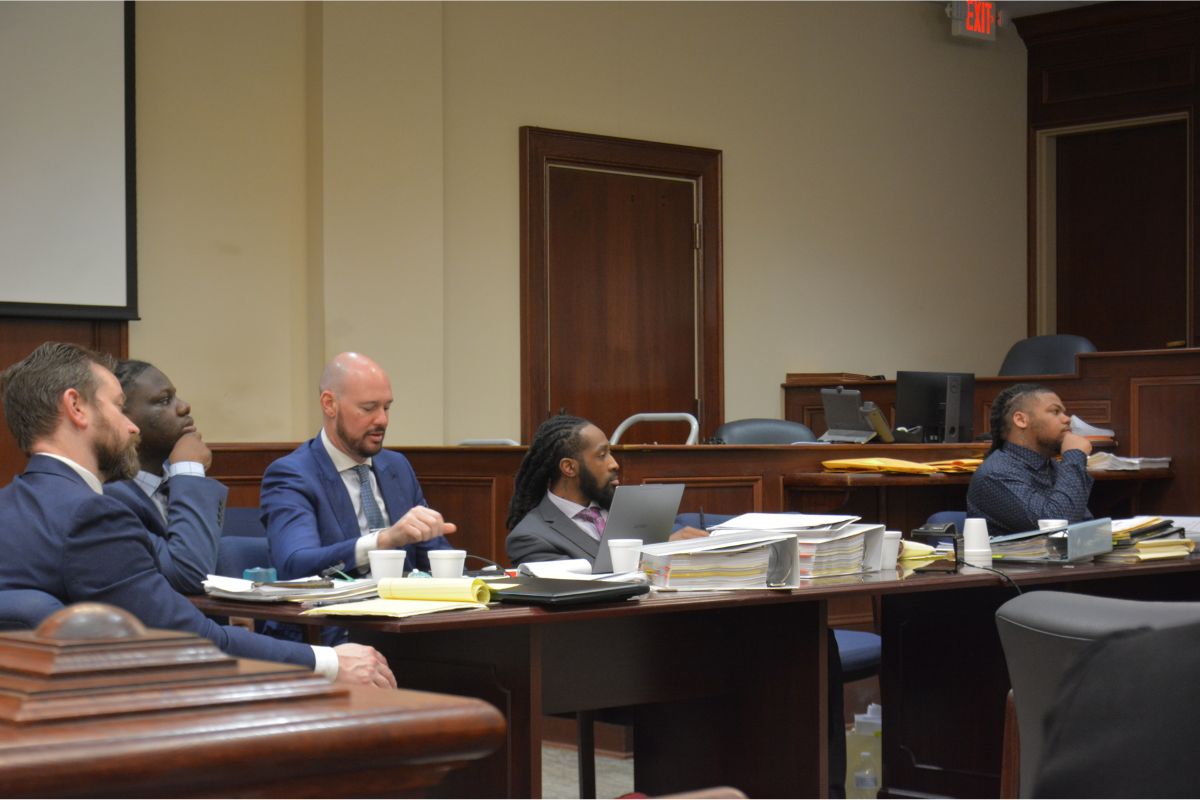This is something I should have known in 2007 when I was a victim of ID theft! The advice, “Be sure to use a strong password.” It’s a great piece of advice we all constantly see online and should really follow. Here’s how to create a strong password—and, more importantly, how to actually remember it.
If you use a password manager, it helps! it can create strong passwords and remember them for you. But, even if you use a password manager, you’ll at least need to create and remember that strong password for your password manager.
There are millions of websites where you have accounts, Even the smartest of folks have no way to easily remember every single password without duplicating passwords or resorting to some sort of pattern. A password manager is your best friend in these situations! As long as you create a strong master password that you can remember, that’s the last password you’ll need to deal with.
A super password has a minimum of 12 Characters. Choose a password that’s long enough. You should generally try for passwords that are a minimum of 12 to 14 characters in length. A longer password would be even better.
Includes Numbers, Symbols, Capital Letters, and Lower-Case Letters: Use a mix of different types of characters to make the password harder to crack.
With the tips above, it’s pretty easy to come up with a password. You could just randomly type on your keyboard and you can come up with a strong password like 3o(t&g|p&3h64#t9. That’s a pretty good one—it’s 16 characters, includes a mix of many different types of characters, and is hard to guess because it’s a series of random characters.
The only problem here is memorizing and/or remembering this password unless you have a photographic memory. There are random password generators that can come up with this type of password for you—they’re generally most useful as part of a password manager that will also remember the passwords for you.
You’ll need to think about how to come up with a memorable password. You don’t want to use something obvious with dictionary characters, so use some sort of trick or some random pattern to life events to memorize it.
For example, you might find it easier to remember a sentence like “The first dog we ever had was a mutt.” When I add random symbols and numbers it comes out to “Th3 f1rst d0g w3 3v3r h@d was @ mutt.” Next, you can turn that sentence into a password by using the first digits of each word, so your password would become Th3f1rd0gw33v3h@dwas@mut. This is a strong password at 24 digits, some numbers and random symbols. It’s not bad at all.
Best of all, it’s memorable. You just need to remember those two simple sentences.
The traditional advice isn’t the only good advice for coming up with a password. XKCD did a great comic about this many years ago that’s still widely linked to today. Throwing all the usual advice out, the comic advises choosing four random words and stringing them together to create a passphrase—a password that involves multiple words. The randomness of the word choice and length of the passphrase makes it strong.
The most important thing to remember here is that the words need to be random. For example, “cat in the hat” would be a terrible combination because it’s such a common phrase and the words make sense together. “my beautiful red house” would also be bad because the words make grammatical and logical sense together. But, something like “correct horse battery staple” or “seashell glaring molasses invisible” is random. The words don’t make sense together and aren’t in grammatically correct order, which is good. It should also be much easier to remember than a traditional random password.
Using unique passwords, avoiding phishing sites, and keeping your computer safe from password-capturing malware is also important. Yes, you should choose a strong password—but you need to do more than that. Using stronger passwords won’t keep you secure from all the threats out there, but it’s a good first step.





